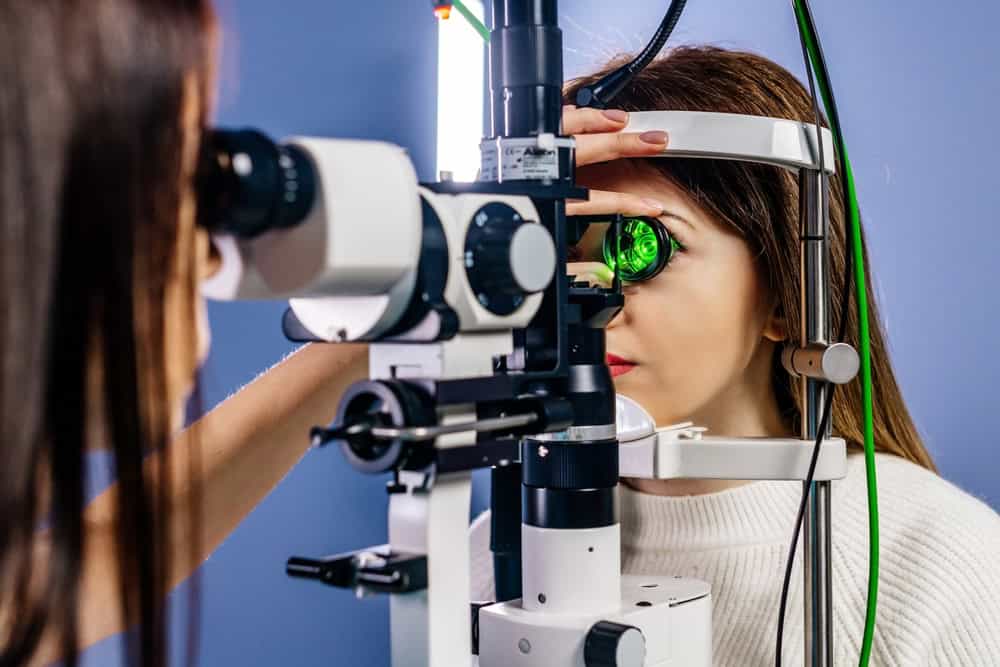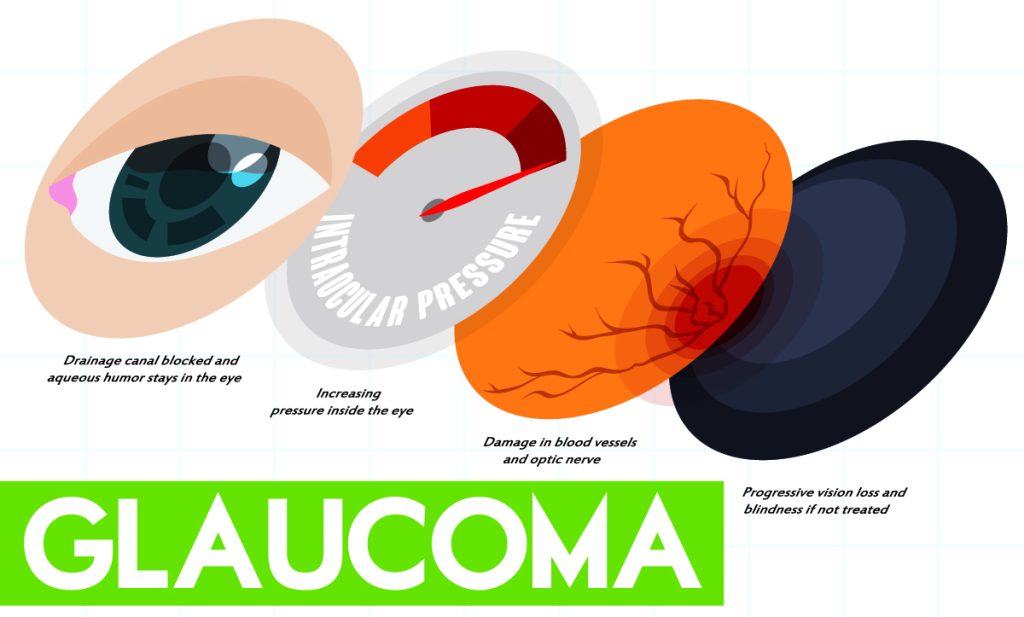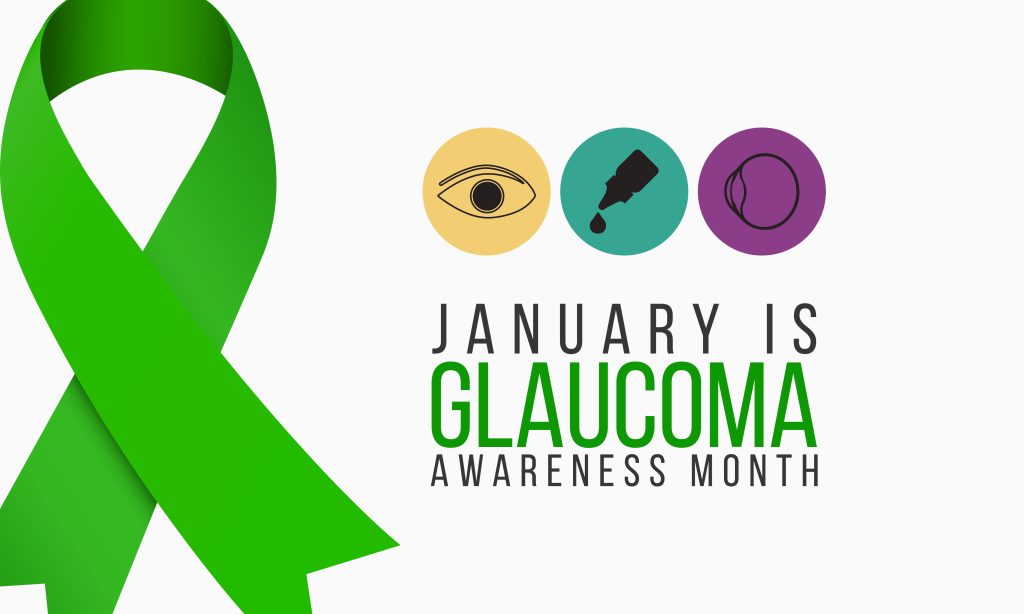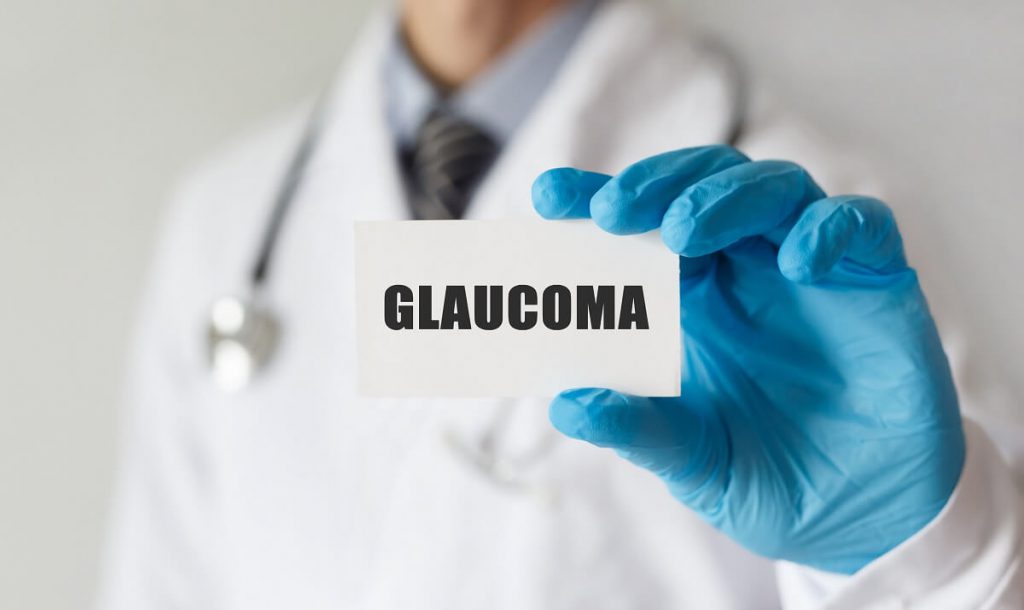
Glaucoma is the most common reason people lose their vision today. It typically causes peripheral (side) vision loss and could also lead to central (straight ahead) vision loss. However, glaucoma is treatable, and that’s one of our specialties here at Berks Eye Physicians & Surgeons in Reading, PA.
We provide comprehensive ocular health services under one roof, including ophthalmology, optometry, and optical care. Our goal is happy patients with optimal visual function and eye health.
This blog explains the most common forms of glaucoma: Open-angle and closed-angle glaucoma. Knowing the distinctions between the two can help you understand how and when to seek screening and support.
What Is Open-Angle Glaucoma?
Open-angle glaucoma is the most common form of the disease, affecting about 95% of people with the disease. It happens when the eye’s internal drainage system becomes less efficient, causing increased intraocular (in-eye) pressure (IOP).
This pressure can gradually affect the optic nerve, which relays signals from the eyes to the brain. The pressure triggers the tiny nerve fibers within the optic nerve to unravel and degrade.
Key characteristics of open-angle glaucoma are:
- Gradual loss of peripheral vision
- Elevated eye pressure over time
- No noticeable symptoms in the early stages
Because glaucoma progresses slowly and painlessly, many people call it a silent thief of vision.
Regular eye exams can detect open-angle glaucoma early before symptoms occur. This type of glaucoma can be managed with medications, laser treatments, or surgery when caught early.
What Is Closed-Angle Glaucoma?
Closed-angle or angle-closure glaucoma is less common and very different from the open-angle form of the disease. It can develop suddenly and requires immediate attention.
With closed-angle glaucoma, the angle between the iris and cornea grows overly narrow, pushing the iris too near the cornea. This stops fluid drainage and causes a rapid IOP increase.
Symptoms of closed-angle glaucoma happen suddenly. They include:
- Severe eye pain
- Blurry vision
- Headache
- Nausea
- Halos around lights
It’s a medical emergency. Without prompt treatment, it can lead to significant vision loss in a short period.
Key Differences Between Open-Angle and Closed-Angle Glaucoma
Important differences to remember are:
- Speed of Onset: Open-angle develops slowly, while closed-angle can occur suddenly.
- Symptoms: Open-angle often has no early symptoms; closed-angle presents noticeable discomfort and vision disruptions.
- Treatment Urgency: Closed-angle glaucoma requires immediate treatment, whereas you can typically manage open-angle with ongoing care.
- Risk Factors: Both types share risk factors like age, family history, thin corneas, and certain medical conditions.
Glaucoma Specialists in Reading, PA
You can trust our team at Berks Eye Physicians & Surgeons for attentive glaucoma management. Our specialists provide high-level diagnostic and treatment services with ongoing support to protect your eye health and vision long term. Call us at 610-372-0712 in Reading, PA, to schedule your consultation.
 1802 Paper Mill Road, Wyomissing, PA 19610
1802 Paper Mill Road, Wyomissing, PA 19610







